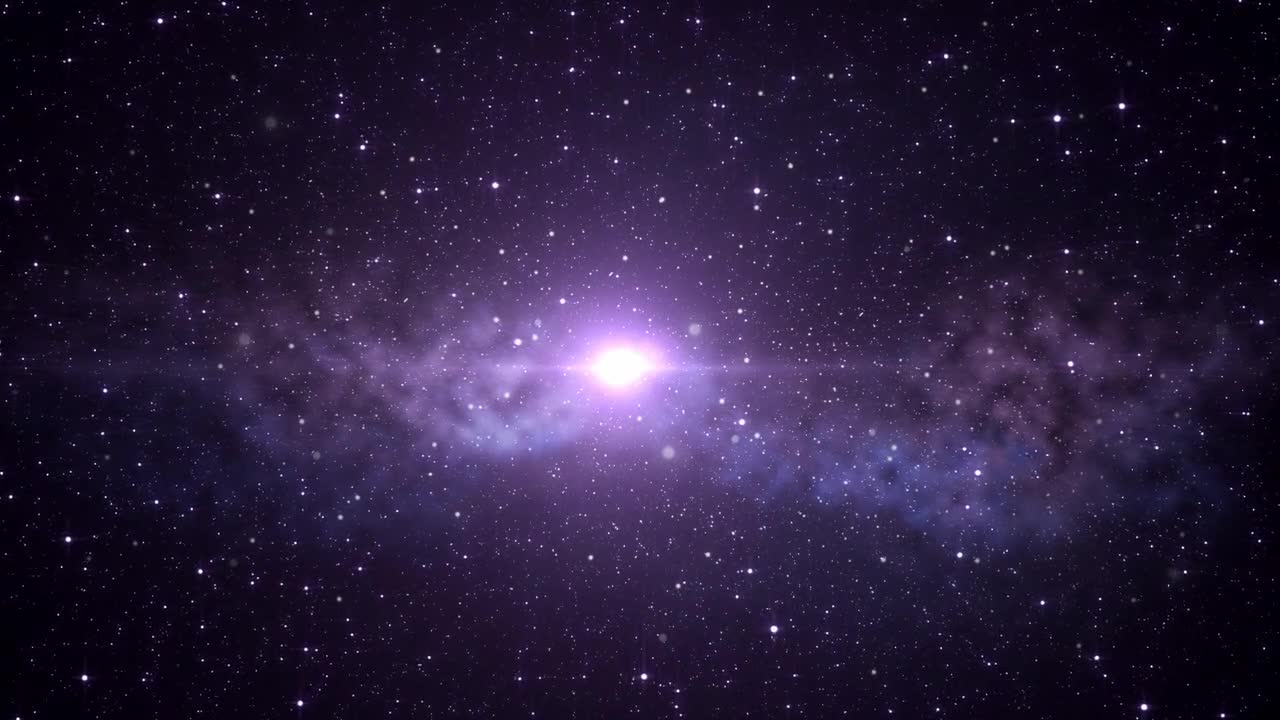Premium Only Content

Can humans live on Mars?
Can Humans Live On Mars?
Mars, that big red dot in the sky, has captured the imagination of humans ever since we first laid eyes on the Red Planet. While Galileo Galilei is credited with discovering the planet in 1610, there's really no way of knowing exactly when Mars was first discovered, since it has been documented for over 4,000 years.
The first successful flyby of the planet was in July 1965, when NASA sent the Mariner 4 probe to take pictures of the planet via the onboard television camera. The 8-month voyage to Mars resulted in Mariner 4 becoming the first spacecraft to orbit another planet. Since then, Mars has had its own personal Peeping Tom and not one moment of peace.
Currently, there are 8 spacecraft (that we know of) either on or orbiting Mars. But, the big question is, when do we stop spending our time (and millions of dollars) staring at it and actually go there? While once considered the stuff of science fiction, thanks to the advancements in technology (and Elon Musk's brilliance), putting humans on the Red Planet could become a reality that we witness in our lifetime.
The answer to the question, "can humans live on Mars", is not a simple yes or no. The Red Planet has divided humans into two distinct groups; those who want to explore other planets, either to further the human race, (or find little green men), and those who are skeptical about leaving our current home for a cold, desolate, and desert-like world (of little green men).
Why Mars?
While the hope for life in this lonely cosmos is unlikely to be found on Martian soil, it's easy to see why many folks are looking for ways to get to Mars and do what we humans do best - colonize it. There are many reasons why Mars makes it to the top of the very short list of planets that humans could attempt to colonize.
For starters (and the main reason, pretty much), Mars still has an atmosphere and a temperature that could maintain liquid water on the surface. In fact, scientists have already found signs of water buried underneath the Martian surface.
Problems That Humans Will Face on Mars?
First off, Mars does not have a magnetic field, or an ozone layer. The lack of the latter means that ultraviolet rays can easily penetrate its atmosphere. This means that radiation is 1,000 times higher on Mars as compared to our own planet and that radiation is not just coming from the sun, but also from something called galactic cosmic rays.
These GCRs can be incredibly nasty and extremely difficult to shield from. Still, scientists are certain that the thin Martian atmosphere would offer some protection from the radiation, and the structures that the first explorers would live in would have to be partially covered with Martian soil that will also help absorb the radiation.
Then, there's the temperature. On Mars, the average temperature is minus 64 degrees Celsius.
So, apart from the soil-covered living structures, unforgiving temperatures, and the lack of a bowling alley, what other challenges could we face on Mars?
The chemistry of life is simple. In order to survive, humans need oxygen, food, and water. According to experts, in order to sustain life on Mars, we would need 200 square meters of growing space within the settler's habitat to cultivate crops. This would increase oxygen levels to an unsafe amount, requiring a non-stop supply of nitrogen gas to reduce the level of oxygen from reaching the fire safety threshold.
Of course, the amount of nitrogen in the tanks would deplete, resulting in a drop in atmospheric pressure in our human-made habitat on Mars. This would eventually suffocate the first explorers within an estimated 68 days. Not very encouraging for those wishing they were the first settlers on Mars.
But, that's not the only challenge faced by the first explorers to Mars. One of the major concerns that have left scientists scratching their heads is how the human body is going to respond to an environment that's one-third or one-half of the gravity of Earth. NASA is already privy to the changes that astronauts on the International Space Station go through while living in an environment with little gravity. While the negative impact on bones and muscles have been well documented, there are still other anomalies that scientists aren't familiar with.
What Can We Do?
While Mars might not be able to sustain a large population of humans, visiting the Red Planet would be more helpful in letting us learn more about how life on the mysterious planet works. Who knows, in time, the two-story tin can that rocks and groans in the wind could be replaced with more self- sufficient living quarters, laboratory and engineering spaces, and better food options (seriously, if there's no cheese, Im not going!).
But first, we still have to get there. Currently, there's no safe way to travel from Earth to Mars (yes, we're looking at you, Elon). Space exploration has always been dangerous. Even after 50 years of sending humans into space, it still remains a challenge. Even the slightest mistake can have catastrophic consequences, which is why the real challenge lies in identifying the risks in every step of the mission.
Those hard-earned insights on living on Mars will be critical to the survival of all future explorers of space - the final frontier.
Conclusion
While this all might seem like a pipe dream, there will come a time when our own planet's sky will turn red and black with soot; when the plants will be ripped off their roots by raging storms and the sun will grow uncomfortably hotter. At that time, people will start to consider a better place, any place to survive.
Only then, it will be too late. So, at the end of the day, colonizing other planets could be the only thing that's standing between the human race and extinction, and Mars seems like a good place to start.
-
 LIVE
LIVE
TimcastIRL
16 minutes agoTrump THREATENS To SUSPEND Habeas Corpus To BYPASS Judges Blocking Deportation | Timcast IRL
13,560 watching -
 LIVE
LIVE
Glenn Greenwald
1 hour agoLee Fang and Leighton Woodhouse Look Back on Trump’s First 100 Days; Lara Friedman on New Laws Barring Israel Criticism | SYSTEM UPDATE #446
15,110 watching -
 LIVE
LIVE
Right Side Broadcasting Network
5 days agoLIVE: Exclusive White House Special: President Trump's First 100 Days - 4/30/25
1,848 watching -
 1:02:30
1:02:30
BonginoReport
4 hours agoFBI Demotes Woke Agents Who Kneeled for George Floyd (Ep. 38) - Nightly Scroll with Hayley
68.1K38 -
 LIVE
LIVE
Tucker Carlson
2 hours agoMatt Walsh: Any country that can’t function without American aid has no right to exist.
6,294 watching -
 LIVE
LIVE
China Uncensored
5 hours agoThis Is China's LAST CHANCE Survive the Tariff War
77 watching -
 43:48
43:48
The Kevin Trudeau Show
10 hours agoHow I Manage My Time (And Get 10x More Done)
2133 -
 LIVE
LIVE
The Jimmy Dore Show
2 hours agoTrump BLASTS ABC Over Biden Coverup! Senator Calls Jews “Masters of the Universe!” w/Dane Wigington
11,434 watching -
 1:24:31
1:24:31
Kim Iversen
4 hours agoPutin's ONLY Option To End The War Is TOTAL TAKEOVER Of Ukraine | Scott Horton
37.1K25 -
 LIVE
LIVE
Quite Frankly
6 hours ago"Atlantis, Open Lines, RFK & Geo-Engineering" ft The Observation Lounge 4/30/25
892 watching